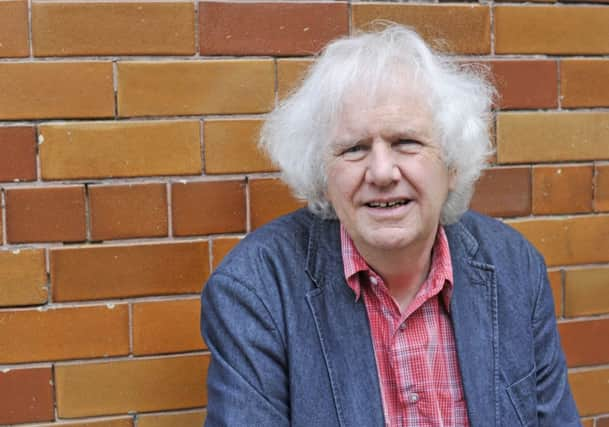Roger Cox: No better time for Trafika Europe radio


As David Cameron’s punch-drunk Tory party continues to lurch in an alarmingly Eurosceptic direction, even as a recent poll from Ipsos Mori shows a clear majority of Brits want to remain part of the EU, the timing could hardly be better for the launch of Trafika Europe – an online radio station celebrating European literature in English translation.
Advertisement
Hide AdAdvertisement
Hide AdBased at Summerhall in Edinburgh, and overseen by the writer and lecturer Andrew Singer, with former Edinburgh Makar Ron Butlin on the editorial board, Trafika Europe aims to present a regular stream of programmes from early 2015 – not just readings and performances of work from across the continent, but also shows focusing on Europe’s multifarious literary scenes, and discussions with writers, editors, translators and publishers.
In the meantime, a taste of what to expect is now available in the form of an e-mag on the Trafika website, trafikaeurope.org. Trafika Europe #1 includes extracts of novels by Yannick Grannec of France, Alina Bronski of Germany, Marko Sosic of Slovenia, Roy Jacobsen of Norway and Joanes Nielsen of the Faroe Islands, plus assorted poems and short stories. Trafika Europe #2 is due to be released next month, with a focus on Polish literature.
These translations don’t just offer fascinating windows into the preoccupations of writers from other European nations – in some cases they also offer insights into how these nations see each other. The extract from French writer Grannec’s novel The Goddess of Small Victories in Traffika #1, for example, is told from the perspective of an Austrian woman at the time of the Anschluss with Germany. Might a German writer have described the same scenario differently? Or an Austrian writer? Or a Scottish writer? And if so, how?
Chewing over questions like these will no doubt provide plenty of material for the proposed panel discussions on Trafika Europe, and I suspect these conversations may turn out to be the key to the project’s success. Having attended a Trafika Europe launch event at Summerhall during the Festival, where various translations were read out live on stage by Butlin and Edinburgh’s new Makar, Christine De Luca, I can confirm the ones that came across the best tended to be those which were given the most illuminating preambles. Trying to get your head around an extract from a foreign novel with little in the way of cultural context can be hard work.
This may all sound a little esoteric, but there can be few better ways of developing an understanding of another culture than by reading (or listening to) the stories it tells itself; and if we are to continue to play a sensible, grown-up role in the European project, then projects like Trafika Europe may help to plug an important gap.